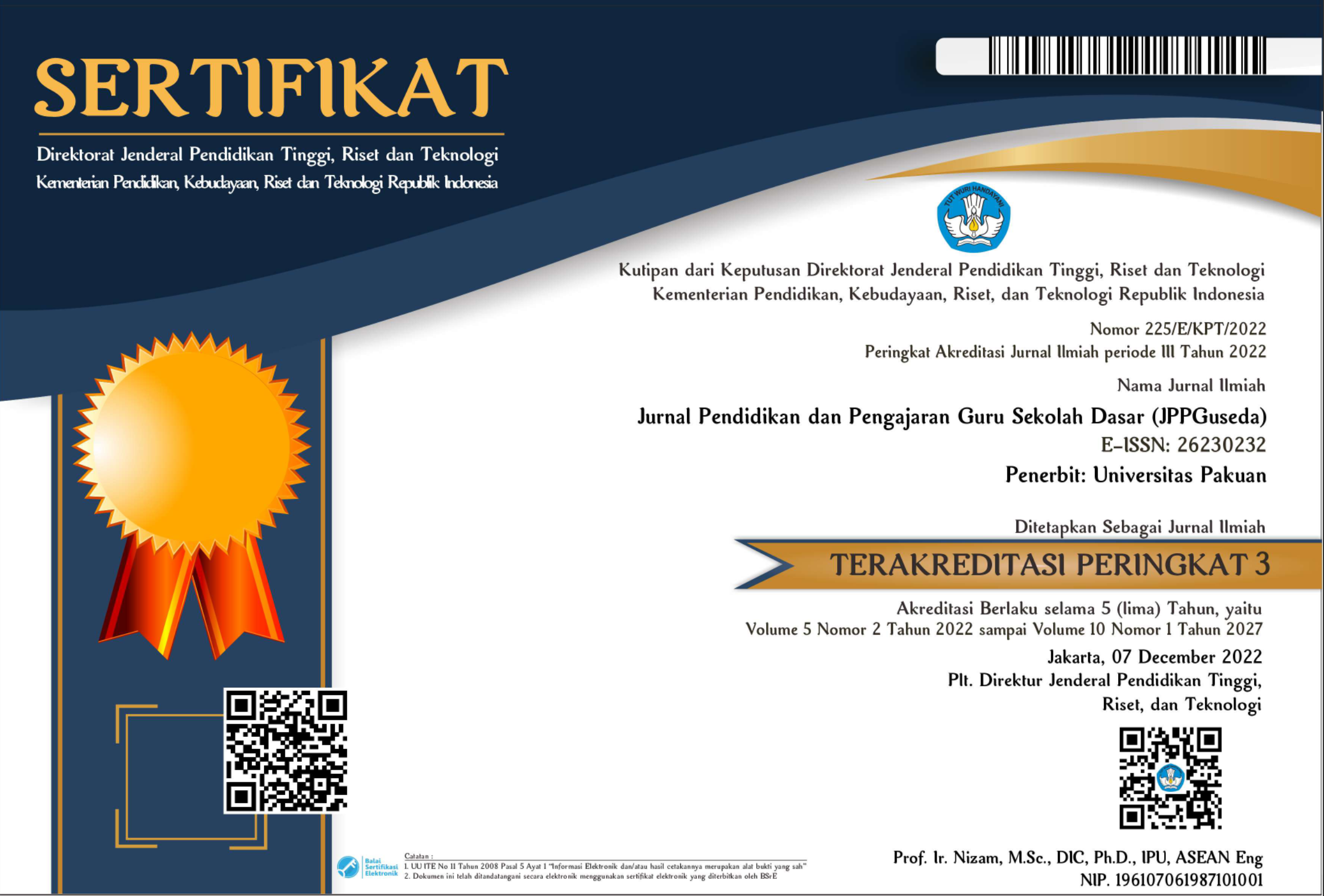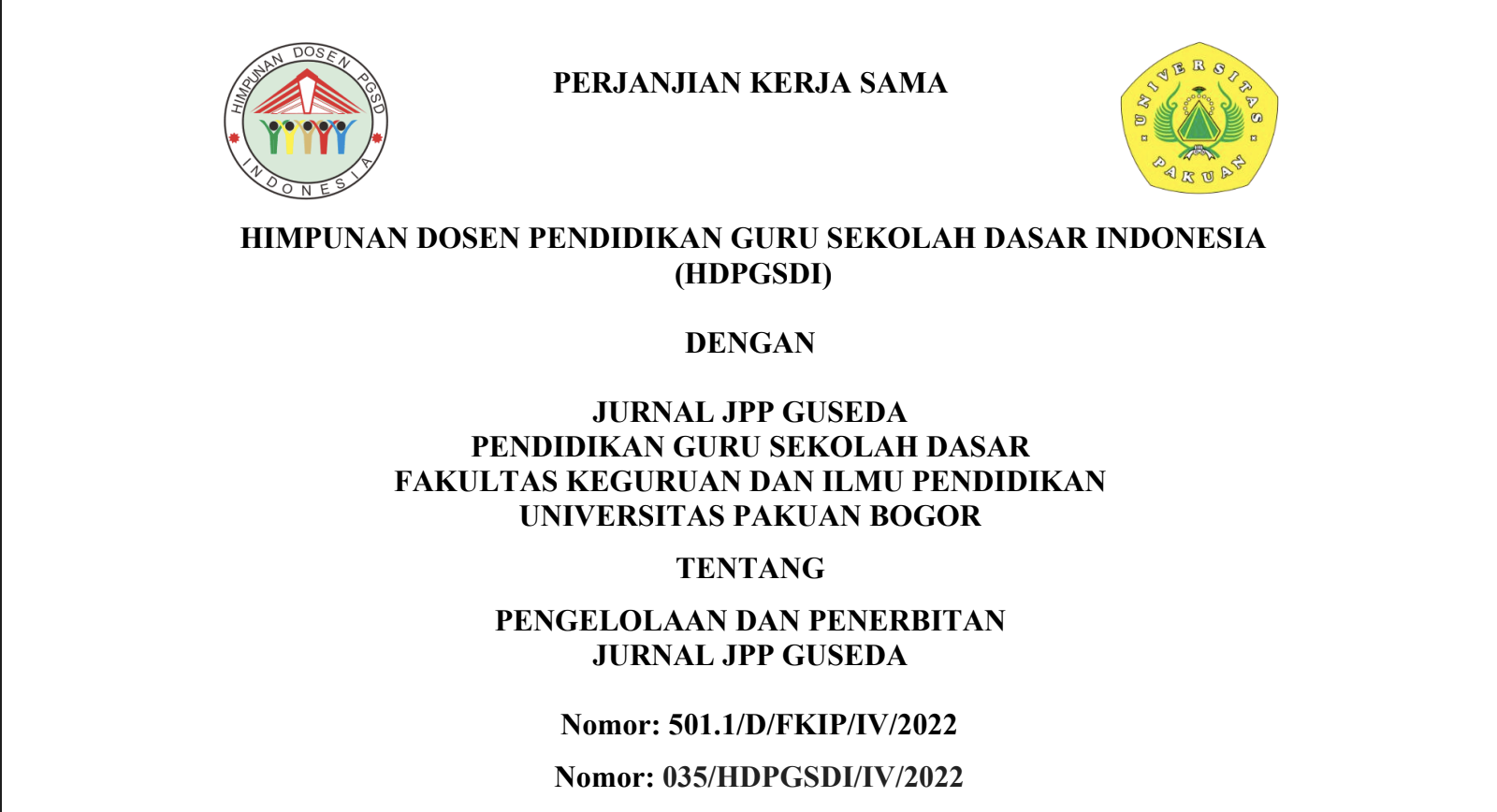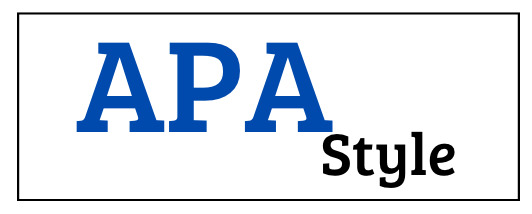AN EVALUATION OF THE IMPLEMENTATION OF CURRICULUM 2013 AT PRIMARY SCHOOLS IN BOGOR
Abstract
Keywords
References
A. P. Daunic, N. L. Corbett, S. W. Smith, J. Algina, D. Poling, M. Worth, D. Boss, E. Crews and J. Vezzoli, “Efficacy of the social-emotional learning foundations curriculum,” Journal of School Psychology, vol. 86, no. 1, pp. 78-99, 2021.
A. K. Bilgin, N. Alev, N. Yigit and R. Akdeniz, “Teachers’ views about the primary curriculum regarding in-service training variable,” Procedia - Social and Behavioral Sciences, vol. 15, no. 1, pp. 2832-2836, 2011.
Y. Savira, “Evaluasi Pembelajaran Tematik dalam Kurikulum 2013 Menggunakan Model CIPP di SD Negeri Deringo,” Universitas Pendidikan Indonesia, 2020.
I. W. Subagia and I. G. L. Wiratma, “PROFIL PENILAIAN HASIL BELAJAR SISWA BERDASARKAN KURIKULUM 2013,” Jurnal Pendidikan Indonesia, vol. 5, no. 1, pp. 39-54, 2016.
Rapidli, “Evaluasi Implementasi Kurikulum 2013 (Studi Kasus di Madrasah Ibtidaiyah Negeri 2 Kabupaten Bogor),” UIN Syarif Hidayatullah Jakarta, 2018.
A. D. S. Krissandi and R. , “KENDALA GURU SEKOLAH DASAR DALAM IMPLEMENTASI KURIKULUM 2013,” Cakrawala Pendidikan, vol. 34, no. 3, pp. 457-467, 2015.
Purnamawati, “Implementasi Kurikulum 2013 dan Problemnya Bagi Guru,” Disdik Tebingtinggi, 2017.
J. Choppin, A. R. McDuffie, C. D. and J. D. , “Curriculum ergonomics: Conceptualizing the interactions between curriculum design and use,” International Journal of Educational Research, vol. 92, no. 1, pp. 75-85, 2018.
S. Arikunto and C. S. A. Jabar, Evaluasi Program Pendidikan, Bumi Aksara, 2018.
D. L. Stufflebeam and C. L. S. Coryn, Evaluation Theory, Models, & Applications, Josey-Bass, 2014.
J. L. Fitzpatrick, J. R. Sanders, B. R. Worthen and L. A. Wingate, Program Evaluation: Alternative Approaches and Practical Guidelines, Pearson, 2011.
H. Retnawati, Analisis kuantitatif instrumen penelitian (panduan peneliti, mahasiswa, dan psikometrian), Parama Publishing, 2016.
Sugiyono, Metode Penelitian Pendidikan Pendekatan Kuantitatif, Kualitatif dan R&D, Alfabeta, 2015.
M. U. Ochoma, “Curriculum Content and the Issue of Relevance in the 21st Century Classroom,” International Journal on Integrated Education, vol. 3, no. 9, pp. 158-164, 2020.
L. L. Uran, “EVALUASI IMPLEMENTASI KTSP DAN KURIKULUM 2013 PADA SMK SE-KABUPATEN BELU, NUSA TENGGARA TIMUR,” Jurnal Penelitian dan Evaluasi Pendidikan, vol. 22, no. 1, pp. 1-11, 2018.
S. Budiani, S. and R. Syamwil, “Evaluasi Implementasi Kurikulum 2013 di Sekolah Pelaksana Mandiri,” Innovative Journal of Curriculum and Educational Technology, vol. 6, no. 1, pp. 45-57, 2017.
E. Sisdiana, E. Sofyatiningrum, F. N. Krisna and D. N. R. W, Evaluasi Pelaksanaan Pembelajaran Kurikulum 2013, Pusat Penelitian Kebijakan Pendidikan dan Kebudayaan, Badan Penelitian dan Pengembangan, Kementerian Pendidikan dan Kebudayaan, 2019.
D. A. Astuti, S. Haryanto and Y. Prihatni, “Evaluasi implementasi kurikulum 2013,” WIYATA DHARMA: JURNAL PENELITIAN DAN EVALUASI PENDIDIKAN, vol. 6, no. 1, pp. 7-14, 2018.
A. A. Sewagegn and A. A. Dessie, “The Value of Feedback in Primary Schools: Students’ Perceptions of the Practice,” International Journal of Learning, Teaching and Educational Research, vol. 19, no. 10, pp. 338-354, 2020.
A. L. Edu, P. R. P. Jaya and L. Ni, “The Phenomenon of Learning Motivation of Elementary School Students,” International Journal of Elementary Education, vol. 5, no. 2, pp. 337-342, 2021.
N. E. Wiyanarti and J. , “The Implementation of Project Based Learning To Improve Students Responsibility in Social Studies Learning,” INTERNATIONAL JOURNAL PEDAGOGY OF SOCIAL STUDIES, vol. 3, no. 2, pp. 19-32, 2018.
E. F. Ifeoma, “The Role of Evaluation in Teaching and Learning Process in,” International Journal of Advanced Academic and Educational Research, vol. 15, no. 5, pp. 120-129, 2022.
M. N. Wangid, A. Mustadi, A. Senen and N. L. R. Herianingtyas, “The evaluation of authentic assessment implementation of Curriculum 2013 in Elementary School,” Jurnal Penelitian dan Evaluasi Pendidikan, vol. 21, no. 1, pp. 104-115, 2017.
D. Vasileiadou and K. Karadimitriou, “Examining the impact of self-assessment with the use of rubrics on primary school students’ performance,” International Journal of Educational Research Open, vol. 2, no. 1, pp. 1-9, 2021.
DOI: 10.55215/jppguseda.v6i3.8938
 Abstract views : 312
Abstract views : 312
Refbacks
- There are currently no refbacks.
Copyright (c) 2023 Jurnal Pendidikan dan Pengajaran Guru Sekolah Dasar (JPPGuseda)

This work is licensed under a Creative Commons Attribution-NonCommercial 4.0 International License.




















